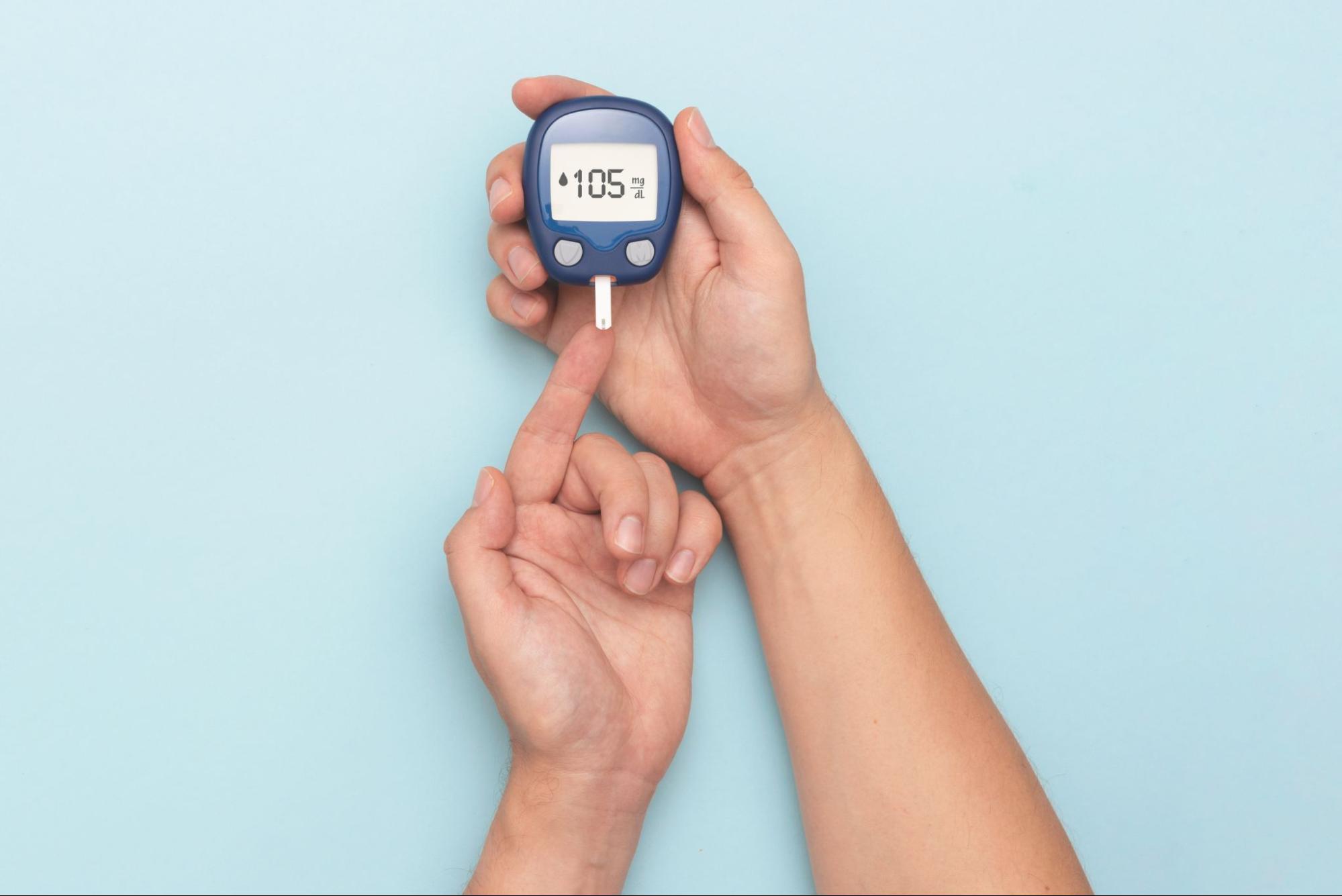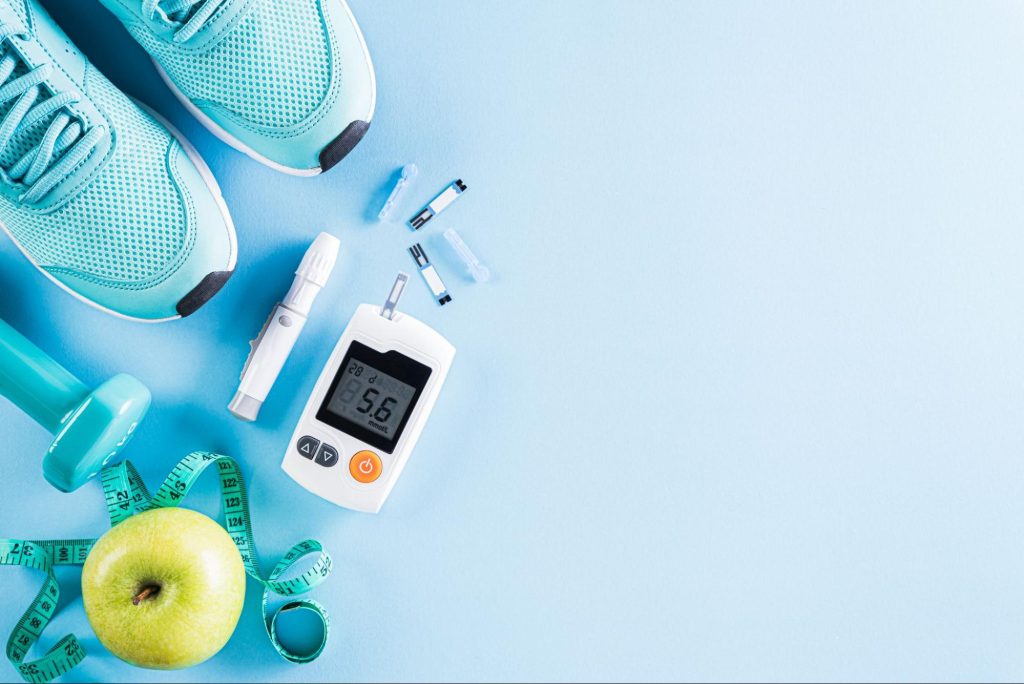Nephrology
Effects of Diabetes on Kidney Problems: A Deep Dive

by admin
22nd August 2023
6 minutes read
The intersection of diabetes and kidney disease is a critical area of health that needs more understanding and emphasis. This blog post delves into the effects of diabetes on kidney problems, shedding light on the related symptoms, causes, treatments, and more.
Understanding the Connection between Diabetes and Kidney Disease
To fully appreciate the effects of diabetes on kidney problems, we first need to comprehend the intricate relationship between these two conditions. Diabetes, a widespread disease affecting millions of people globally, is one of the leading causes of kidney disease. The term ‘diabetic kidney disease’ is often used to describe kidney complications arising from poorly controlled diabetes.
The kidneys, powerful organs in the body, filter waste products from the blood, help control blood pressure and maintain the body’s balance of electrolytes. When diabetes enters the equation, high blood sugar levels can overwork these organs, leading to kidney damage and, ultimately, kidney failure.
Also Read: Balanitis Treatment
Recognizing Kidney Failure Symptoms and Symptoms of Kidney Diseases
One of the most challenging aspects of dealing with kidney disease and kidney failure is that symptoms can often be subtle and easily overlooked. Early detection of these symptoms is crucial in managing and possibly reversing the course of the disease. Some common symptoms of kidney damage include swelling in the feet and ankles, fatigue, difficulty concentrating, poor appetite, and insomnia.
As kidney damage progresses into kidney disease, symptoms may become more severe and apparent. These include persistent nausea, significant changes in urination frequency and colour, muscle cramps and twitches, and persistent itchiness. Eventually, as kidney failure occurs, the symptoms can become debilitating, and patients may experience seizures, extreme fatigue, and even coma.
The Role of Diabetes in Kidney Disease and Kidney Failure
The development of kidney disease and kidney failure in diabetes patients can be traced to persistent high blood sugar levels, often a hallmark of poorly managed diabetes. Over time, these high sugar levels cause damage to the tiny blood vessels in the kidneys, impairing their ability to filter waste efficiently.
Diabetes can also lead to glomerulosclerosis, a condition characterized by scarring of the glomeruli—the tiny units within your kidney where blood is filtered. As a result, protein is leaked into the urine, a condition known as albuminuria, an early sign of kidney failure.
Controlling Diabetes to Manage Kidney Health
Effective diabetes control plays a vital role in preventing and managing kidney disease. This often involves a combination of lifestyle changes, dietary modifications, and medication. For patients with diabetes, keeping their blood sugar levels within the target range can significantly decrease the risk of developing kidney disease.
Medicine for diabetes can be an essential tool in managing blood glucose levels and minimizing damage to the kidneys. There are several classes of diabetes medications, including biguanides, sulfonylureas, DPP-4 inhibitors, and insulin, among others. Your healthcare provider will determine the best treatment plan based on your individual needs.

Treating Kidney Diseases in Diabetic Patients
While it’s crucial to prevent kidney disease in the first place, there are also ways to treat kidney diseases once they’ve developed. The treatment typically aims to slow the progression of the disease and alleviate symptoms. This could include measures such as dietary changes, medications to control blood pressure and cholesterol, and potentially, dialysis or kidney transplant in severe cases.
In particular, specific drugs can help manage the blood pressure in diabetic kidney disease patients, reducing the pressure on the kidneys and potentially slowing the progression of kidney damage.
Concluding Thoughts: Emphasising Prevention
Understanding the potential for diabetes to cause kidney disease and kidney failure, it becomes clear how vital early detection and management are. Recognizing the symptoms of kidney damage, maintaining diabetes control, and adhering to prescribed medications can make a substantial difference in preventing and managing kidney disease in diabetic patients.
While the links between diabetes, kidney disease, and kidney failure can be complex and multifaceted, the importance of managing these medical problems effectively is clear. By maintaining good diabetes control, recognizing the signs of kidney failure, and responding promptly to the symptoms of kidney diseases, we can greatly improve the quality of life for individuals living with these conditions.
Remember, each person’s experience with diabetes and kidney disease is unique. If you or someone you know is struggling with these conditions, seek professional medical advice tailored to your personal situation.

Related Information: Paraphimosis treatment
How can Medfin help?
Medfin is a daycare surgery expert providing access to the latest surgical procedures and top doctors in your city at affordable prices. Medfin provides you access to top doctors and surgeons with 10+ years of experience . With Medfin, you can leave your hassles behind and focus on your health. From instant consultations to paperwork assistance, we have got you covered with everything. So why wait? Call us today!
FAQ’s
Yes, if not well managed, Type 2 diabetes can lead to kidney failure over time. Keeping blood sugar levels under control significantly reduces the risk of developing severe kidney problems.
High blood pressure is a common complication of diabetes and can accelerate the progression of kidney disease. It damages the blood vessels in the kidneys, worsening their function and increasing the risk of kidney damage.
In the early stages, with prompt and effective management of diabetes and blood pressure, kidney damage may be slowed down or, in some cases, partially reversed. However, in advanced stages, complete reversal may not be possible.
It is recommended for people with diabetes to undergo a comprehensive kidney function test, including urine albumin and serum creatinine tests, at least once a year. Regular monitoring helps detect any kidney issues early.
Yes, with careful management, many people with diabetes and kidney disease can lead healthy life. Adhering to a treatment plan, following lifestyle modifications, and regularly communicating with healthcare providers are essential for maintaining overall health and kidney function.
CATEGORIES
- ACL Reconstruction
- Anal Fissures
- Anal Fistula
- Appendicitis
- ASK A DOCTOR
- Benign Prostatic Hyperplasia
- Breast Lump Excision
- Cataract
- Circumcision
- Conditions & Diseases
- Cosmetology
- Covid-19
- Cure
- Endocrinology
- ENGLISH VIDEOS
- Eye Care
- Gallstones
- General Surgeries
- Government Schemes
- Gynaecology
- Gynecomastia
- Gynecomastia
- Health
- Health Insurance
- Hernia
- hindi
- Hip Arthoscopy
- Hip Replacement
- Hip Replacement Surgery
- Hydrocele
- Kannada
- Kidney Stones
- Knee Arthroscopic
- Laparoscopic
- LASER
- Latest Treatments
- Lifestyle
- Liposuction
- Medfin Stories
- Medicine
- Nephrology
- Ophthalmology
- Orthopaedic
- Paraphimosis
- Patient Testimonials
- PCL Reconstruction
- Phimosis
- Piles (Hemorrhoids)
- Pilonidal Sinus
- Proctology
- Prostate Artery Embolization
- Rhinoplasty
- Second Opinion
- Total Knee Replacement
- Uncategorised
- Urology
- uterine artery embolization
- Uterine Fibroids
- Varicocele
- Varicose Veins
- Vascular
- VIDEOS






